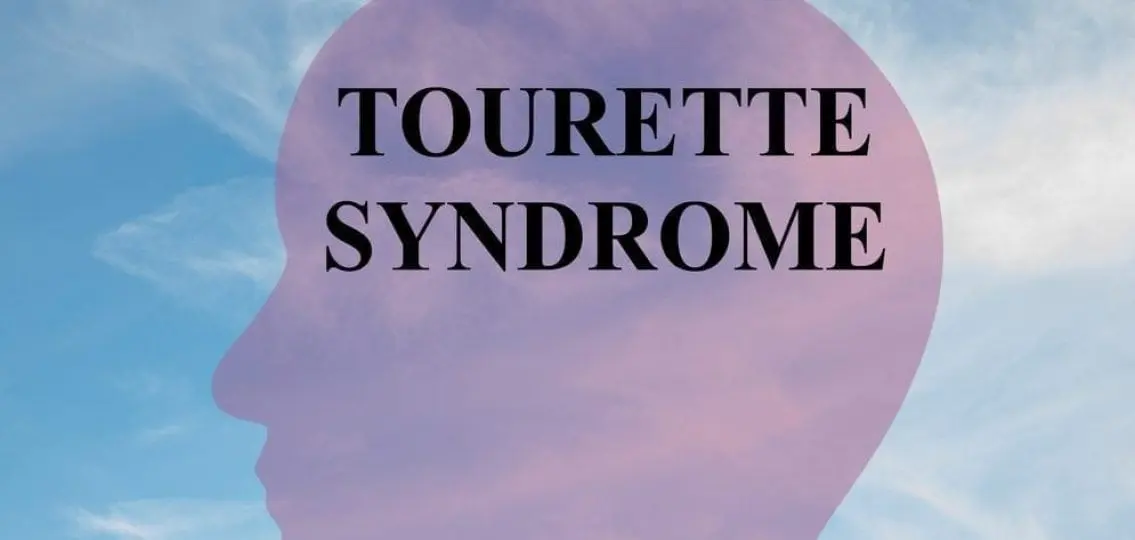Hi, achh, my name is, achhhh, Marc Elliot. I tell people, ahhhhdaddad, my professional title is, grrrrr, “Inspirational Speaker on Tolerance,” nigspicfokdaaad. I know you might be a bit confused. If you’re thinking that the editor made several egregious editing errors in the previous sentence, you’ll be surprised to know that those “outbursts” are actually a part of my everyday life.

Living with Tourette’s
For the past 20 years, I’ve had the neurological disorder, Tourette Syndrome. I make involuntary noises and movements that are called tics. The Tourette Syndrome creates a sensation inside me, similar to an itch. And the only way I can get rid of the itch is to scratch it, or in other words, tic.
But Tourette Syndrome itches are far more intense and happen throughout the day. My symptoms started when I was five, with little tics like excessive eye blinking, nose sniffing and repetitive phrases like, “Excuse me, excuse me” and “I love you, I love you.” As I got older, the tics became more complex and intense, and I began to thrash my head around and utter completely inappropriate words.
With an incredible support system and some innate charisma, I have triumphed over these challenges. Aside from the frequent outbursts of racial slurs and dog barking, I continue to live with a special enthusiasm for life. I was a talented thespian, played tons of sports, and was elected student body president of my high school.
After college graduation, I embarked upon a speaking tour around the nation about tolerance. I wanted to take my lessons about being different to convey fundamental lessons about the importance of tolerance. What was intended to be a one-year endeavor turned into something unimaginable. For the past two years, I have traveled to over 42 states, internationally, and spoken to almost 100,000 people delivering my presentation, “What Makes You Tic?” Recently, the largest college magazine, Campus Magazine, named me College Speaker and Diversity Artist of the Year of 2011.
My Life With Tourette’s
To me, the most fascinating aspect of my life is being so vastly different in such an unusual way. I have learned first-hand how people treat someone who is different. Some subtly stare like they are witnessing a freak show. Others do their best to pretend that I don’t exist. Others attempt to be compassionately aware—“Hey man, it’s cool.” And some seem strangely attracted.
Recently, while awaiting a flight, I thought, “There are plenty of different people around me. Maybe my noises and movements will simply blend in.” Yet, even surrounded by all kinds of unusual people, most eyes and ears were on me.
“Live and Let Live”
So that begs the question, “What is the appropriate thing to do when one encounters someone with Tourette Syndrome?” My initial response would be to “Live and Let Live.” What do I mean? It’s the idea that I am going to live my life and let others live theirs without intrusion from me. For example, if you see someone with Tourette Syndrome, you might be curious, alarmed, or hyperaware of that person, but try to imagine if that were you. I believe that most people would want to be left alone to live their life.
If one day, you feel inclined to ask someone about his Tourette Syndrome or other condition, I’ll leave you with this story. A friend was sitting on a public bus next to a man who exhibited some small tics.
Being my friend and totally aware of Tourette Syndrome, she quickly blurted out, “Oh, do you have Tourette Syndrome?”
Then man sternly responded, “No, I don’t!”
My friend didn’t think much of it until a few minutes later when the man slipped her a note that read, “Asking that question out loud was incredibly inappropriate as I do have Tourette Syndrome.”

The point of this story is not that my friend should feel bad about challenging her assumptions about other people or expanding her curiosity, but rather it is a reminder that everyone in this world deals with their own challenges in different ways. “Live and Let Live” is about being sensitive to that idea and having compassion for the person barking and anyone else who is simply different.




